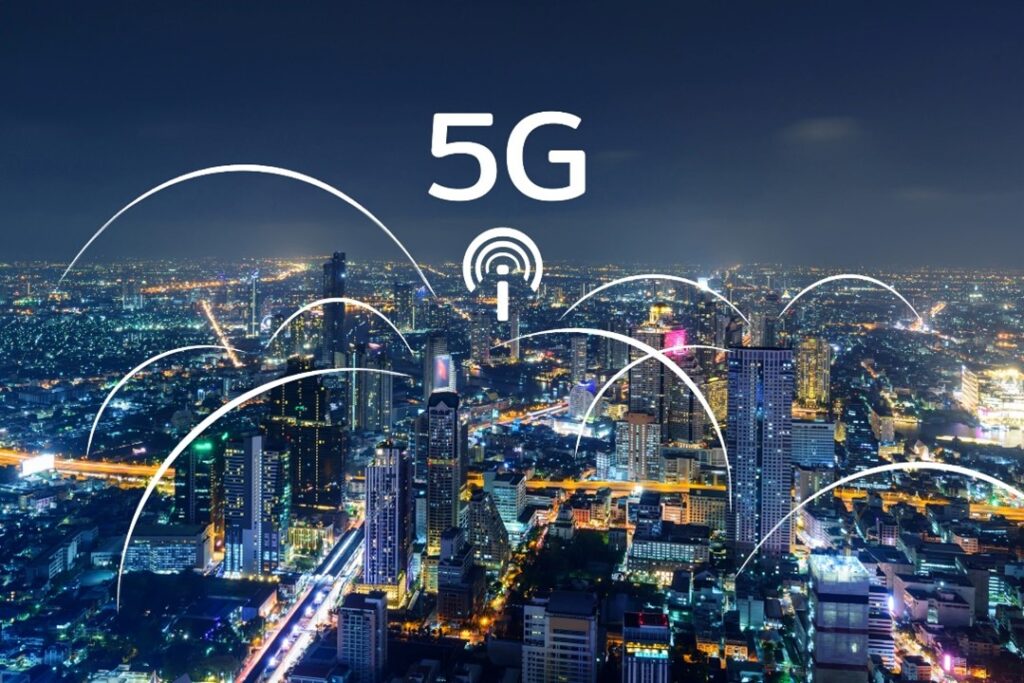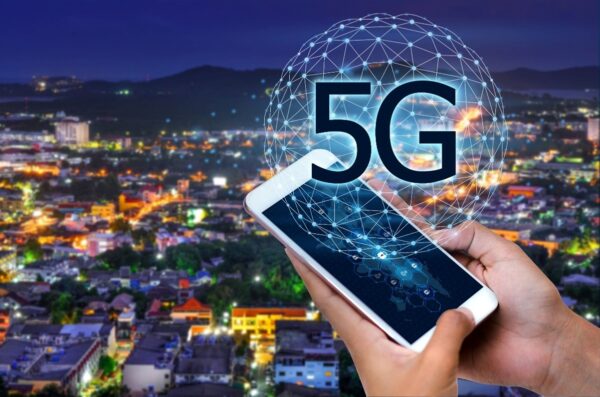The rollout of 5G technology marks a monumental leap forward in the realm of connectivity and technology. Its potential impact on various industries is poised to be nothing short of revolutionary. In this article, John Kim of UCLA discusses the profound influence of 5G on industries, from empowering the Internet of Things (IoT) to revolutionizing augmented reality experiences, and redefining high-speed communication. As 5G technology continues to proliferate, its ripple effect promises to shape the future of technology in ways previously unimaginable.
Empowering the Internet of Things (IoT)
The true potential of IoT lies in its ability to seamlessly connect and communicate between devices. 5G’s enhanced bandwidth and ultra-low latency will eliminate the limitations that previously hindered IoT applications. This means that interconnected devices, from smart homes to industrial sensors, can communicate in real-time, enabling unprecedented levels of automation and efficiency across various sectors.
Revolutionizing Augmented Reality (AR) Experiences
5G’s high bandwidth and low latency are poised to transform augmented reality experiences. With 5G, AR applications can tap into cloud-based resources, enabling more complex and dynamic visualizations. From immersive gaming experiences to applications in education, healthcare, and architecture, 5G will usher in a new era of AR that blurs the lines between the digital and physical worlds.
High-Speed Communication Redefined
The arrival of 5G will catapult communication into the next dimension. With blazing fast speeds and near-instantaneous response times, high-quality video conferencing, real-time collaboration, and even remote surgeries become not only possible but seamlessly achievable. The impact of 5G on industries that rely on rapid, reliable communication cannot be overstated.
Transforming Healthcare and Telemedicine
Telemedicine has witnessed a surge in demand, especially in the wake of global events. With 5G, remote consultations and diagnostics will become even more lifelike and effective. High-definition video streaming and real-time data exchange will enable doctors to remotely monitor patients with unprecedented accuracy, bridging geographical gaps in healthcare access.

Revitalizing Transportation and Smart Cities
5G’s impact on transportation is poised to be transformative. From enabling autonomous vehicles to optimizing traffic management systems, the integration of 5G in transportation will not only improve safety but also revolutionize the efficiency and sustainability of urban mobility. In smart cities, 5G will serve as the backbone for interconnected systems, enabling real-time data exchange for efficient resource allocation and city planning.
Challenges and Considerations
While the promise of 5G is immense, challenges such as infrastructure development, security, and privacy concerns must be addressed. Additionally, ensuring equitable access to 5G technology is crucial to prevent the digital divide from widening.
Conclusion
The advent of 5G technology represents a watershed moment in the evolution of connectivity and technology. Its transformative impact on industries, from IoT applications to augmented reality experiences and high-speed communication, is set to redefine the way we live, work, and interact. As 5G continues to permeate our daily lives, its potential to shape the future of technology across a myriad of industries is nothing short of revolutionary. With concerted efforts from industry leaders and policymakers, we stand at the cusp of a new era, where the possibilities of connectivity are boundless.
